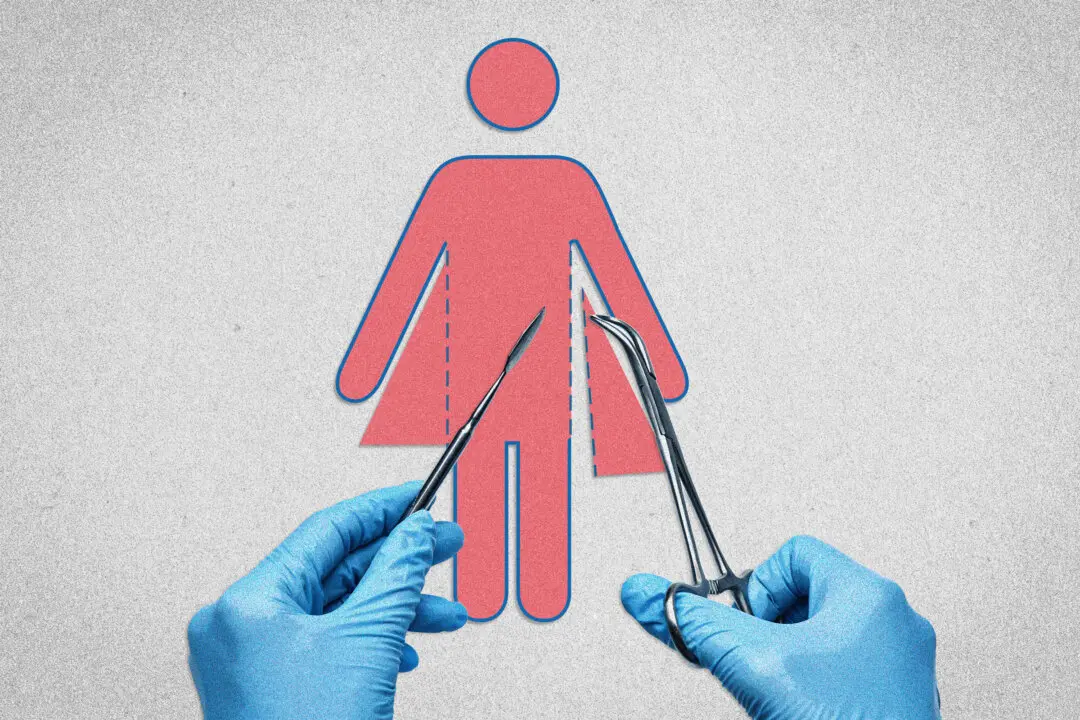WASHINGTON—The House passed the Protection of Women and Girls in Sports Act on Jan. 14, with a vote of 218 to 206. The legislation excludes males from participating in women’s sports sponsored by organizations that receive federal funding.
The text stipulates that “sex shall be recognized based solely on a person’s reproductive biology and genetics at birth.”





